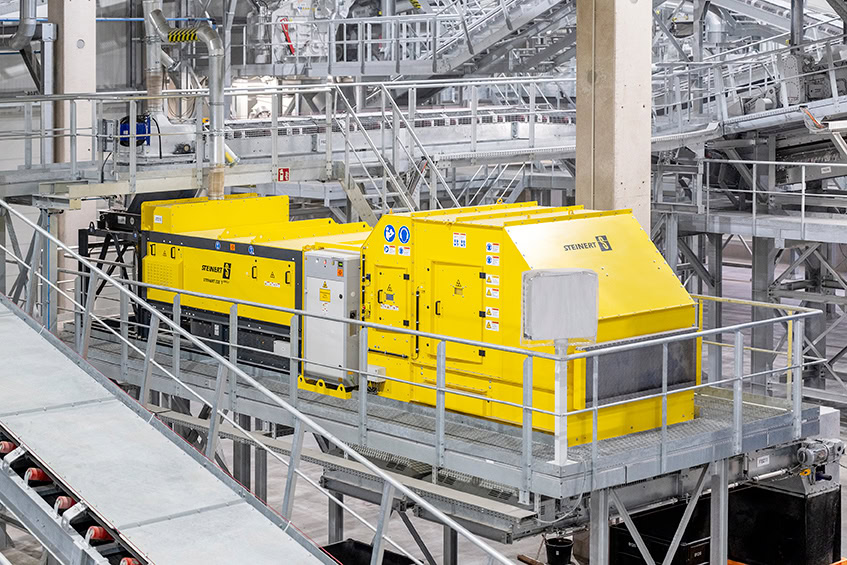Five months after the Driver and Vehicle Licensing Agency revealed that it had issued less that half of the two million vehicles scrapped each year in the UK in 2006 with certificates of destruction (see letsrecycle.com story), it said the figure was on course to rise from 762,776 to around 945,708 in 2007.
In particular, they have questioned the DVLA's inaction over closing up a “loophole” allowing last owners of cars to tick a box saying their car has been recycled without requiring proof – despite the Agency promising to “investigate” the problem.
Duncan Wemyss, secretary of the Motor Vehicle Dismantler's Association (MVDA), said: “The DVLA is doing nothing to support the legal operator. There has been a lot of talking but it has done nothing as yet to overcome this and there are people now who are considering closing down because they are not getting the vehicles through.”
Mr Wemyss claimed that the problem was particularly bad due to the high value of scrap metal at the moment – which was driving up illegal interest in end of life vehicles.
He said: “The Environment Agency has started a project to try and address the illegal activity and I applaud that but I would like to see more resources thrown at it. We need to co-ordinate a national campaign to make motorists know about their obligations.”
Improvement
The DVLA said that in January-September 2007, 711,059 certificates of destruction were issued compared to 595,980 in the same period in 2006.
The Agency put the rise was down to “increased public awareness and improvement in the use of processes from authorised treatment facilities.”
Responding to claims that it was currently doing nothing to improve this performance, a spokesman said: “Measures to continue this performance have been proposed, including publicity, and assessing the impact of processes around the notification of scrapping with a view to informing the policy in this area.”
Protection
CoDs are issued by vehicle recyclers who meet the environmental protection standards set by Europe's ELV Directive when last owners hand over their old cars to be scrapped. There are thought to be around 1,400 authorised treatment facilities (ATFs) able to issue these certificates, which then demonstrate that vehicles are scrapped in a manner that will not harm the environment.
Under the regulations, scrap vehicles must have hazardous oils, fluids and components removed before they are shredded.
Kathryn Byng, ATF network co-ordinator at service provider Cartakeback, acknowledged that there had been a “definite” improvement in the number of CoDs issued and that more sites “were doing a good job.”
However, Ms Byng agreed that there “could still be a lot more publicity.”
She said: “A lot of businesses are realising that compliance in the way forward but we hear there are still a lot of illegal operators.”










Subscribe for free